
A few days back, we took a look at Fiona McIntosh’s Betrayal, a muddy, sometimes grim fantasy tale with some apparent references to the Reformation and violent segregative politics. Last week, we pondered over the link between fantasy fiction and the adventure novels of the Victorian era, in particular how the legacy of the former has transformed into the latter. Thanks to a certain bearded, bespectacled gent with the same two middle initials as fantasy forefather Tolkien, the genre is presently big news.
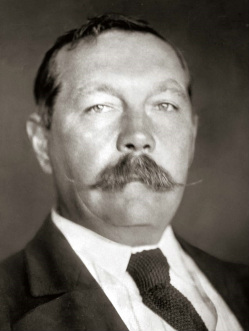
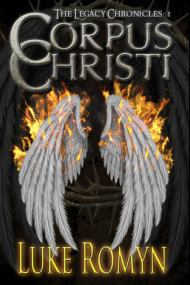
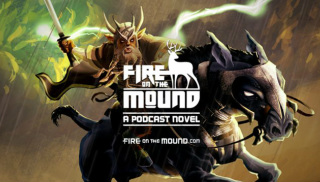
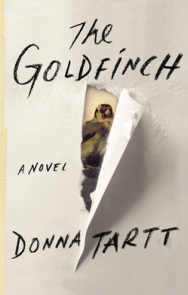
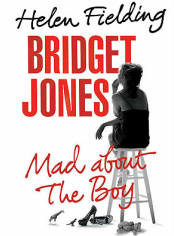
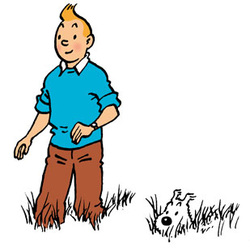
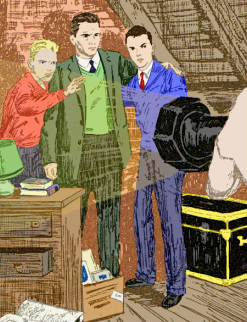
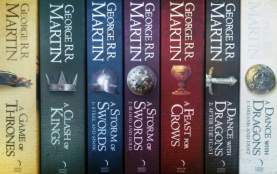
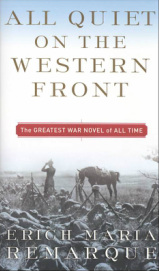



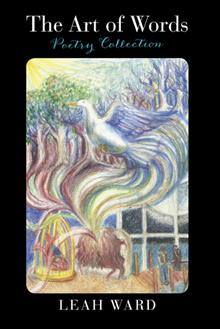
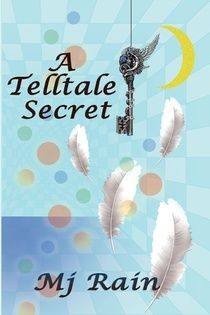
 RSS Feed
RSS Feed
